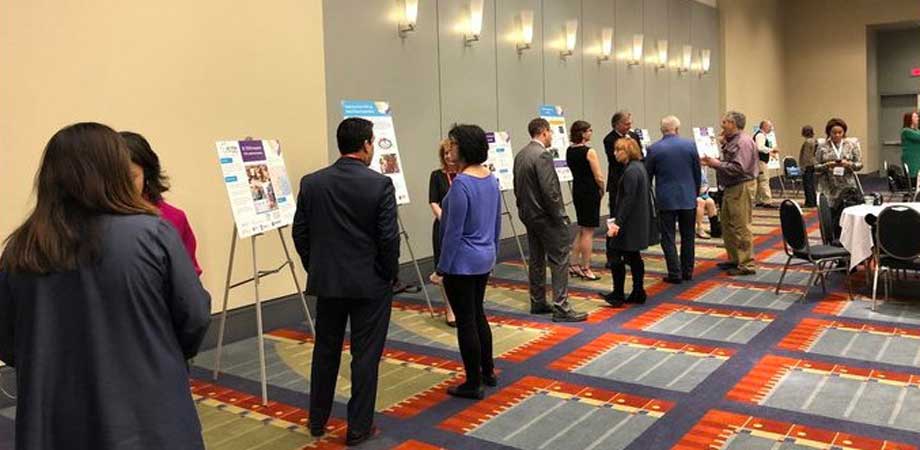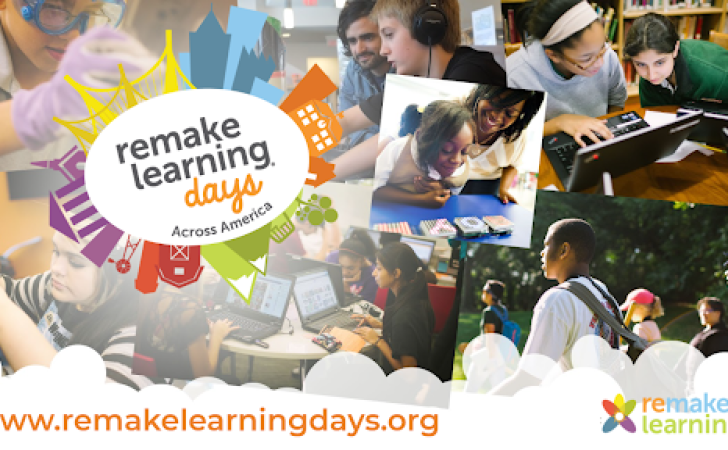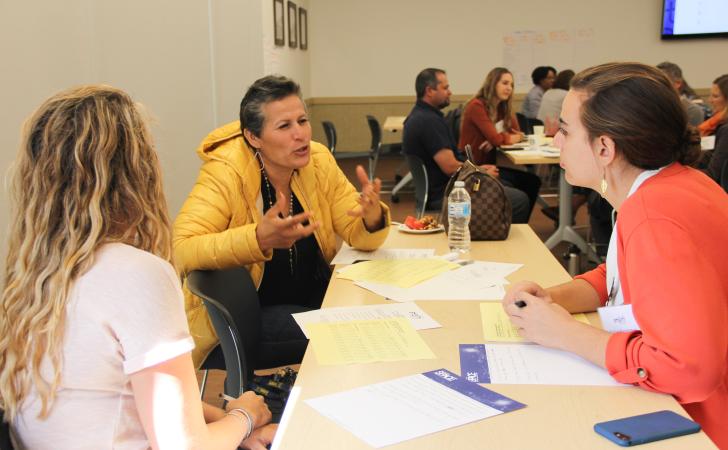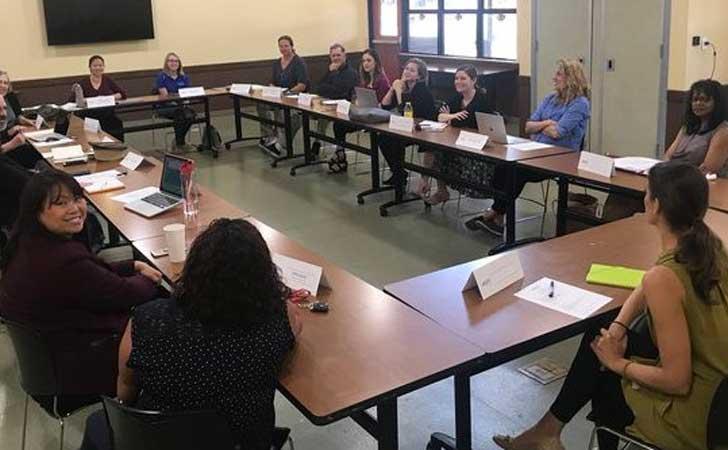New LEAD STEM Program to Invest in Development of Leaders who Specialize in Building Successful Collaborations to Benefit STEM Learning

May 25, 2017
STEM Learning Ecosystems to equip its leaders with skills for building community and national networks that help youth reach educational and career success
(San Diego, CA – May 25, 2017) – LEAD STEM, a new leadership development program for emerging STEM Learning Ecosystem leaders, was announced today at the US News STEM Solutions Conference.
A successful STEM Learning Ecosystem encompasses partners who work together to build regional programs to benefit STEM education and ultimately build a successful workforce. These cross-sector collaborations bring together representatives in schools and beyond the classroom—in afterschool and summer programs, at home, with local business and industry partners, and in science centers, libraries and other places.
Recognizing that the skills needed to be a good teacher, business-owner, scientist, or librarian are different from those required to build a successful collaboration among those groups, LEAD STEM is being established this year.
“STEM Learning Ecosystem leadership requires a variety of skills and dispositions. Effective Ecosystem leaders are not only innovative critical thinkers and excellent communicators; they have a deep understanding of and ability to change systems, and they lead through mobilizing a variety of partners,” said Gerald Solomon, Executive Director, Samueli Foundation and co-founder of STEM Learning Ecosystems.
“Every participant in LEAD STEM will experience a relevant development opportunity that results in personal and professional growth, addresses key challenges within their local STEM Learning Ecosystems, and engages them in a national network of leaders who are actively working to successfully connect STEM education with the workforce needs in our country,” said Jan Morrison, President of Teaching Institute for Excellence in STEM, and a founding partner.
Members of STEM Learning Ecosystem are encouraged to apply for consideration for admission to the program. Their application must identify a local need they would like to develop the skills to address. Led by Director Angela Baber, coaches, staff, and selected fellows will come together in October to kick-off the initial cohort and will model the engineering design process to develop personalized, relevant, and competency-based institute curriculum. This process will focus on ensuring real and measurable outcomes for institute Fellows, their local ecosystems, and for the national movement.
About STEM Learning Ecosystems
The STEM Learning Ecosystems Initiative cultivates and supports more than 50 local Ecosystems working to improve access to high-quality STEM learning for all students. Launched in September 2015 by the STEM Funders Network, the Initiative empowers communities to bring together unlikely local partners and create systemic change to ensure more students, particularly underserved and underrepresented students, develop the STEM knowledge and skills they need to learn and thrive in today’s world.
Learn more about the initiative at stemecosystems.org. Address specific questions to info@stemecosystems.org. Join online conversations on Twitter @STEMecosystems and #STEMecosystems and on Facebook.



